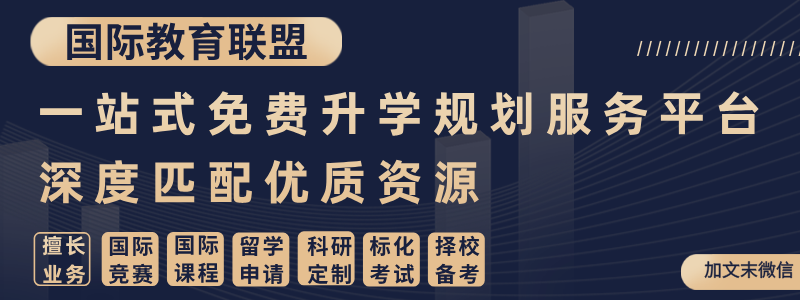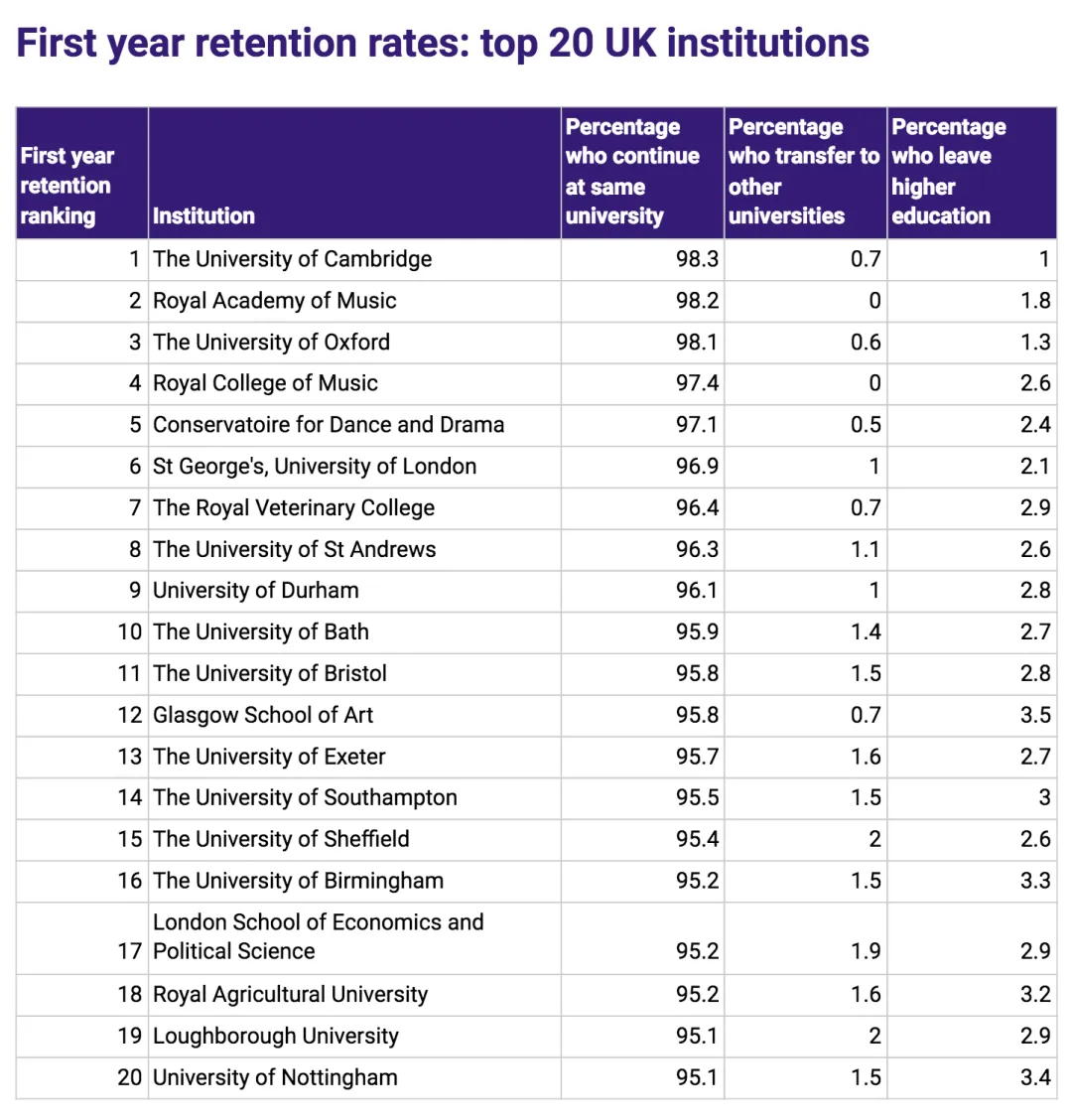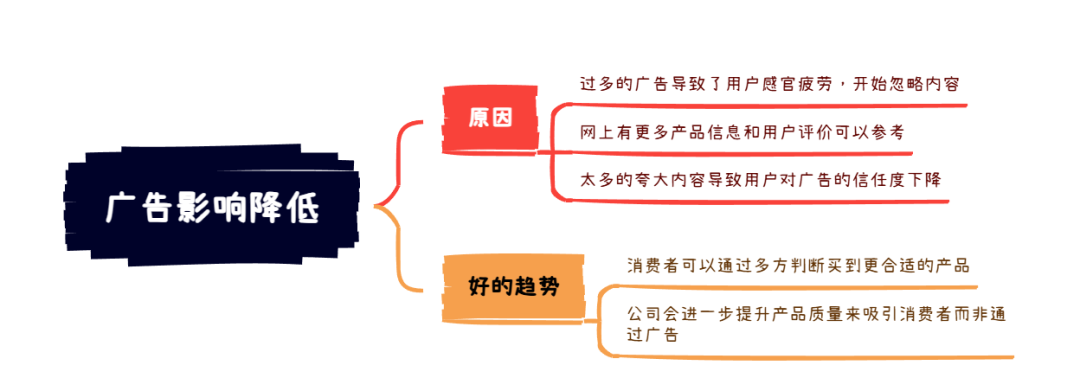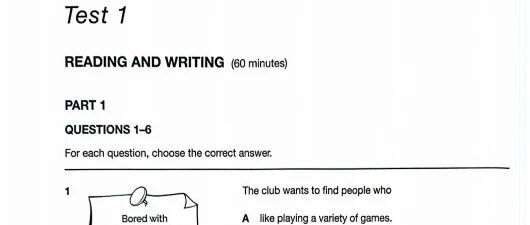雅思写作话题中,intense financial burden 是一个重要的底层思路,几乎可以解决觉得多数”社会,教育,环境话题中的观点。” 几乎任何涉及免费,科技,环境......都可以用这个思路来解决。
一、免费教育(Free Education)
Some people believe that higher education should be provided for free by the government. Do you agree or disagree?
通用论证(反对角度)
Providing free higher education would impose an intense financial burden on governments, especially in developing countries. Firstly, universities require substantial funding for infrastructure, faculty salaries, and academic resources. If tuition fees are waived【放弃】, governments must allocate a significant portion of the budget to cover these costs, which may necessitate higher taxes or cuts to other essential services like healthcare or public transportation. Consequently, while free education seems ideal, its long-term sustainability is challenged by the overwhelming financial burden it places on public finances.
二、免费医疗(Free Healthcare)
Some argue that healthcare should be free for all, while others believe that people should pay for medical services themselves. Discuss both views and give your opinion.
通用论证(反对 “完全免费” 角度)
Advocating for completely free healthcare overlooks【忽略】 the intense financial burden it would place on governments, particularly in nations with large populations or aging societies. Universal healthcare systems require continuous funding for hospitals, medical equipment, and staff salaries. Thus, while accessible healthcare is a priority, relying solely on government funding can trigger unsustainable fiscal pressures【不可持续的财政压力】.
三、外太空探索(Space Exploration)
Some people think that governments should spend money on space exploration, while others believe it is a waste of public funds. Discuss both views and give your opinion.
通用论证(反对角度)
Investing heavily in space exploration imposes an intense financial burden on governments, especially when pressing terrestrial issues【地球问题】 remain unaddressed. Projects like sending astronauts to the moon or exploring Mars require billions of dollars in funding, with costs including rocket development, mission planning, and scientific research. The fiscal strain【财务压力】 could also lead to cuts in other critical sectors, creating a trade-off 【权衡,取舍】that undermines overall social well-being.
四、资助艺术家(Funding Artists)
Some people believe that governments should fund artists and cultural projects, while others think that money should be spent on more practical areas. Discuss both views and give your opinion.
通用论证(反对角度)
Allocating public funds to support artists can impose an intense financial burden, especially when governments face pressing economic or social challenges. Unlike essential services like education or healthcare, cultural funding is often seen as a non-essential expense. Critics argue that private entities or charities should assume the role【承担责任】 of supporting art, as relying on government funding risks creating a fiscal dependency【财政依赖】 that is difficult to sustain.
五、免费交通(Free Public Transportation)
Some cities offer free public transportation. Do the advantages of this policy outweigh the disadvantages?
通用论证(反对角度)
Implementing free public transportation can impose an intense financial burden on local governments, potentially compromising【妥协】 the sustainability of other urban services. Public transit systems require constant funding for vehicle maintenance, fuel, staff salaries, and infrastructure upgrades. If governments fail to meet these costs, service quality may decline, defeating the purpose of the policy.
六、老龄化问题(Aging Population)
Many countries are facing an aging population. What are the main problems this causes, and how can they be solved?
通用论证(问题角度:财政负担)
An aging population imposes an intense financial burden on governments, primarily through increased spending on pensions and healthcare. As life expectancy rises and birth rates decline, the ratio of retirees to working-age adults shrinks, straining social security systems. The long-term challenge is balancing the need to support elderly citizens with the risk of creating unsustainable fiscal liabilities for future generations.















